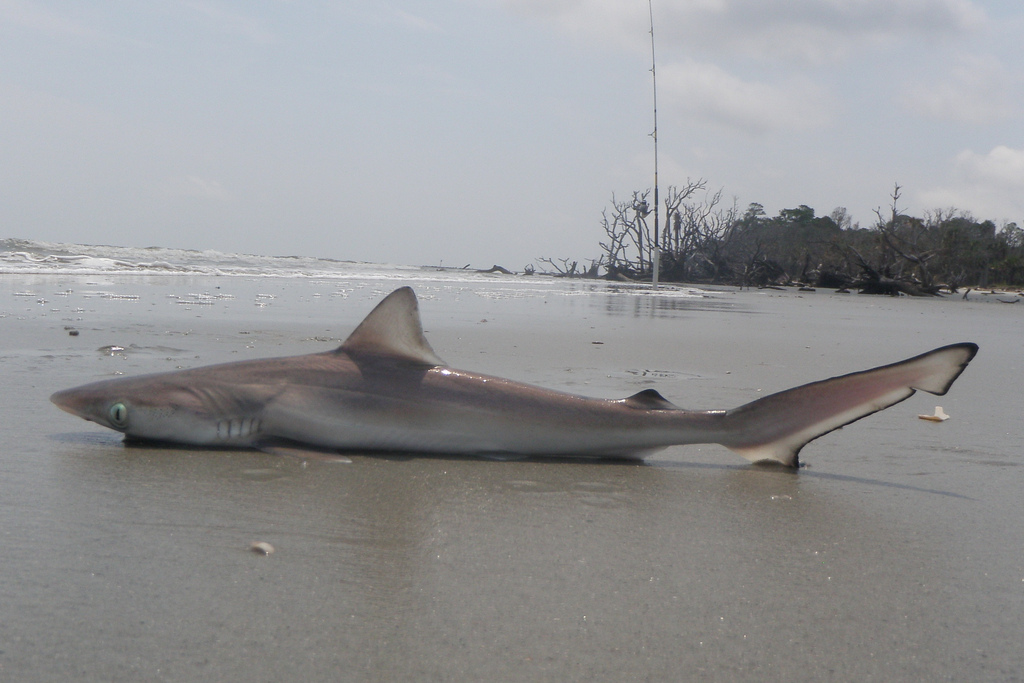The study, published in Science of The Total Environment, tested 13 sharks off the coast of Brazil for cocaine.
All 13 sharks tested positive for traces of the drug, with 12 further testing positive for benzoylecgonine, cocaine’s major metabolite. The drug was found mainly in the sharks’ livers and muscles.
Scientists found that, compared to previous reports of cocaine in aquatic creatures, the concentration of cocaine in the sharks was 100 times higher.
The research focused on three male sharks and 10 female sharks, all of whom were collected off the coast of Rio de Janeiro.
Half of the female sharks tested in the experiment were pregnant, though the effects of cocaine on shark foetuses is unknown. It is also unknown if the presence of cocaine affects shark behaviour.
It is believed the drug may have entered the ocean from dumped or lost cocaine packages, and from the drainage of illegal drug labs. Brazil has previously had cocaine detected in the country’s rivers and sewage system.
Enrico Mendes Saggioro, coordinator of the study, declined to comment on how the cocaine entered the ocean, stating “regardless of where the drug came from – which is still not possible to determine – the results show that cocaine is being widely traded and moved in Brazil”.
“Cocaine has a low half-life in the environment … so, for us to find it in an animal like this, it means a lot of drugs are entering the biota.”
“In other studies, I had already found cocaine in rivers flowing into the sea off Rio, but it was a surprise to find it in sharks – and at such a high level.”
A further concern was raised by the study regarding consumption of shark meat in Brazil, as contaminated food sources could pose a wider health risk.
The Brazilian sharpnose shark is considered a vulnerable species in its conservation status due to overfishing and water pollution.






